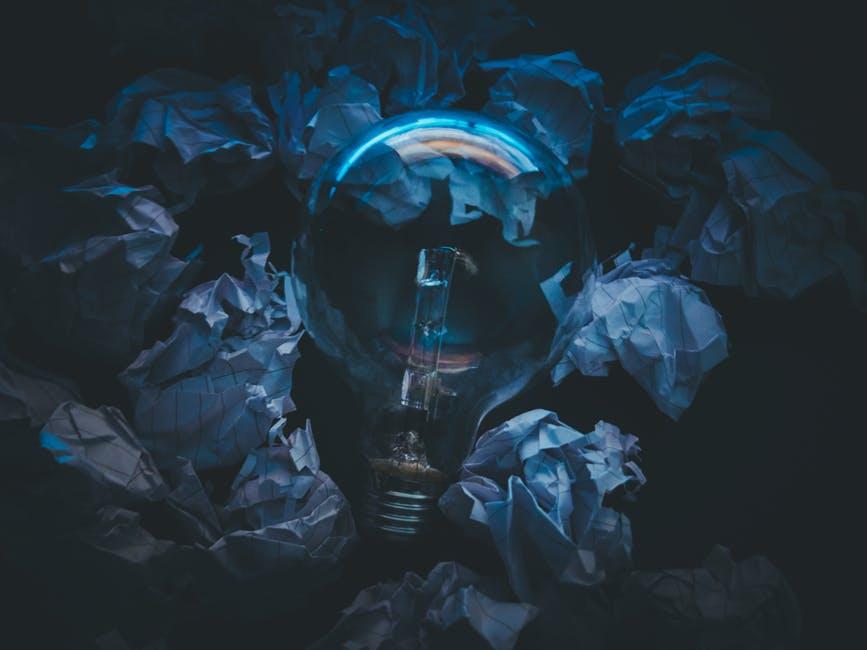Amazon's Lab126 is rumored to be working on bone conduction. It could be packaged in an "eyeglasses-attachment" or "headband" that speaks to you by vibrating the bones in your skull. It's called bone conduction.
Why?
It could lay the foundation of a personal shopping assistant -- one that travels with shoppers into traditional B&M stores. It's an ingredient to creating an in-store Chatbot, powered by Amazon's Alexa, like a Chatbot that's embedded in Echo Show.
This Technology Works Today
An AquaTalk headset is sold on Alibaba. It includes bone conduction, a throat microphone, and here, the headphone waterproof.
A coach (or a bot like Alexa) can talk with the swimmer. The sound is perceived by the athlete's headset via bone conduction technology. This spreads the temporal bone vibrations to the cochlea. The ear canal remains free allowing simultaneous perception of other sounds. Listening is easy ... even in a noisy, crowded pool!
It could be used to help deaf people hear:
You can "watch" a bone conduction demo here:
If Amazon puts bone conduction into an eyeglasses attachment or a headset, no one but you (the shopper) will hear Alexa's voice because it is talking to your bones (via vibrations) not your eardrums.
Amazon Notices Adjacent Use Cases...then Extends The Thinking
To invent, Amazon watches adjacent categories. They do it in logistics (drones), IT (cloud) and, in shopping. Amazon knows that disruption is often inspired by industry outsiders, so they scan the world constantly.
Imagine Alexa + a Computer Vision Camera becoming your shopping coach. Alexa (the voice + brain) is built. Done. It may take a year or two, but now Amazon just needs to find or build a small-format camera -- with powerful image scanning capabilities. To get the capability, Amazon will surely acquire a startup that is building its own camera in Lab126.
It's just a matter of time:
Researchers globally are working tirelessly to produce powerful image capture devices. Medicine, as you see in the 1-minute video above, is a driver. Amazon will watch advancements made elsewhere and commercialize use cases for shopping.
PC Magazine published the text above a few years ago.
Amazon will build a Google Glass but with two big differences: (1) a laser focus on a shopping use case, and (2) the inclusion of bone conductivity which connects to a voice chatbot. It will be a camera-activated Alexa -- or camera-activated Bone Conductivity. Rather than carrying coupons to the store, Amazon will encourage Amazon Prime Members to carry their bone conductors to Safeway.
Camera activated Alexa: "Send that coffee to my house"
Alexa will go to the store with you. A micro-camera will trigger computer vision technology (AI) to recognize objects and then Alexa wil ask you (via bone conductivity), "Would you like Amazon to deliver that coffee for 65c less to your house." Just like Echo Show works today (watch this 20-second video).
Like a friendly, chatty neighbor, Alexa could also offer advice and answer questions. The "conversation" could drive off Amazon's comparison chart data -- data that build comparisons like the one below which shows 60% savings (literally) for a slightly "better-rated" product:
If a shopper talks into her phone or microphone, Alexa could answer questions about products like batteries. Alexa's AI-brain will simply dip into a that product's database of 172 answered questions ...
Ultimately, Amazon's Private Label Could be Coming to Every Store Near You
This technical shopping interface opens doors for Amazon. This Bone Conduction + Computer Vision could be a conduit for Amazon to put its private label onto Kroger's shelves. Into Macy's houseware's area. Into Target's sporting goods section. It could be an excellent tool for cross-selling products -- including Amazon's 34 private label brands.
Amazon is building a Tech-Enabled Private Label business
Amazon's private label, alone, will be $20 billion business by 2022. Read more about this menacing new formula here. And bone conductivity might be the way they will increase distribution into competing B&M stores.
Next Steps:
- Continuously scan developments in emerging technology developments. As a tech-enabled service, my company (Iterate.ai) does evaluate technology startups for large organizations in media, retail, energy, and financial services.
- Use startups to extend your innovation lab capabilities (or to create a lab). It's the least expensive way to advance your technology capabilities. Despite their $45 billion R&D budgets, even Amazon, Apple, Facebook, and Google track startups, invest in them and acquire them at a high rate.
- Make sure your board members and executives are aware of technology trends. Read about developments in AI-plus.










Leave your comments
Post comment as a guest